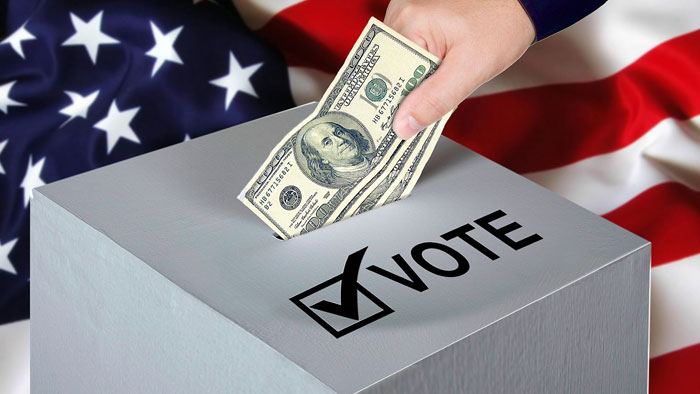Does money unfairly influence our political process?

Following the Supreme Court’s decision in the Citizens United case, the growth of Super PACS, and the influx of negative ads this campaign season, many Americans are concerned about the influence of money on our electoral system and our democracy itself. Others point out that wealthy individuals, corporations, and labor unions have always influenced politics and point to the loopholes of the 2002 Bipartisan Campaign Reform Act as the origin of unlimited contributions. Does money = speech, and do any restrictions on campaign contributions violate the First Amendment? Does money buy too much influence in our political system?
Take a balanced approach to these issues with your students by using our Money in Politics lesson plan. Have your students watch C-SPAN video clips, read articles expressing both sides, and engage in a deliberation in your classroom.
Objectives:
Students will research how federal campaigns are financed, and answer the question: Does money buy too much influence in our political system?
They will focus this answer on whether they support or oppose the 2010 Supreme Court decision in the Citizens United v. Federal Election Commission case.



